Whimsical but generous, the city has inspired generations of poets, who have penned verses dedicated to its many moods.
Mumbai, or Bombay, is a prodigious muse. Whimsical but generous, the city has inspired generations of poets, who have penned verses dedicated to its many moods. Five city bards talk about the poetry that is Mumbai and the poems that define the city
‘Bombay/ Mumbai has had many lovers and haters’
I hate the patently journalistic idea of reducing someone's favourites to only one poem or one poet. Bombay/Mumbai has had many lovers and haters and love-haters in its pluri-lingual population, and they include the great Marathi tamasha song writer Patthe Bapurao Kulkarni who wrote his Mumbaichi Lavani circa 1910.
Marathi, Gujarati, Hindustani, and English poets have all written memorable poems on Mumbai. Adil Jussawala, Dom Moraes, and Arun Kolatkar have each claimed their poetic niche in the city’s teeming landscape. The Dalit poet, Namdeo Dhasal has some memorable Mumbai poems right from his first collection Golpitha. In English, you have Arun Kolatkar’s entire Kala Ghoda poems. Years ago, the Gujarati poet Niranjan Bhagat wrote a long poem, Hornby Road, that I still recall. In another poem Pravaldveep (Coral Island), he wrote: Come, let’s go to/ Bombay city,/ That tallies crocodile!/ Grass will spring one day in every street,/ The coral build its home here./ Before that happens, you must go;/ Time invites you; you should go and see.
The same is true of Nissim Ezekiel’s A Morning Walk: Barbaric city, sick with slums,/Deprived of seasons, blessed with rains,/ Its hawkers, beggars, iron-lunged,/ Processions led by frantic drums/ A million purgatorial lanes,/ And child-like masses, many tongued,/Whose wages are in words and crumbs.
These poems say that Mumbai is hell and nourishment for those who have their roots in it, if their guts are strong enough for its toxins and effluents, and if their demonic eloquence can rise above the city’s deafening clamour as it struggles to stay alive.
One entire section of my first collection of English poems, Travelling In A Cage was devoted to poems from Bombay. And just before he died, Dom Moraes wrote a series of memorable poems inspired by Bandra.
Dilip Chitre is a writer, painter and filmmaker. He spoke to Suparna Thombare
‘The obvious Bombay poem is Kolatkar's Khala Ghoda sequence’
I remember lines rather than poems. These two lines from a Dom Moraes poem recall exactly the stillness of a Bandra afternoon: Hardest are these slow/ tidal afternoons that, ebbing,/ slide me out, not quite to sea. The obvious Bombay poem of course is Arun Kolatkar’s Kala Ghoda sequence. I’ve spent a lot of time on the street corner he describes and can vouch for the accuracy of detail. The great thing in the poem is the narrator's voice. It’s the voice of a stoned, benevolent god who believes in man even if man does not believe in him.
Jeet Thayil is a journalist, writer and poet. He spoke to Divya Subramaniam
‘The train is portrayed as the microcosm of the city’
There are two poems that are really close to my heart. The first one is Sea Breeze, Bombay by Adil Jussawala. The poem is about the migrant nature of the city and I like it because it captures the city’s essence. Partition’s people stitched/ Shrouds from a flag, gentlemen scissored Sind./ An opened people, fraying across the cut country reknotted themselves on this island.
From the time that this city has come into existence, this process of division and unity has been an inherent part. The people who live here have been uprooted from some other place and have regrouped here. To me, this is the most poignant sentiment the poem conveys. Another favourite poem is Train of Thought by Charmayne D’Souza: Bone of bones,/ flesh to flesh,/ India travels in the same direction/ From 9 to 5 and survives together.
The beauty of this poem is that the train is potrayed as the microcosm of the city and the city is the microcosm of the nation itself. I have always been fascinated by poems on Mumbai’s local trains. This story of survival repeats itself in many poems that I have read and is one of the things that epitomise the city. This is a city where people come to survive.
Anju Makhija is a writer, poet and playwright. She spoke to Divya Subramaniam
‘This city is impossible. Only a poem could contain it’
No poet can have a single favourite poem about the city in which s/he lives and works and which impresses itself upon her/him each day. So I have many. I like the poem in which Imtiaz Dharker says that she collides with the city. I like the poem in which Arundhathi Subramaniam says she could either dice carrots or a lover but postpones the latter. I like the poem in which Arun Kolatkar talks about breakfast at Kala Ghoda. I like the poem in which Adil Jussawalla considers Partition and its effects. I like the poem in which Gieve Patel records the smell of the trains. I like Kamala Das’ poem about the joss sticks at Cadell Road.
I believe that these poems do not seek to capture the city but they seek to reflect an encounter with the city, a moment in which poet and city come into contact and when they both affect each other. I remember the poet H Masud Taj telling me that now Bombay Central station meant Gieve Patel to him. And I know that under my breath, I mumble “Unsuitable for song as well as sense the island flowers into slums” as I encounter the city. For me the city is a beast that swallows everything you throw at it, including yourself.
The city is impossible. No narrative could capture it. No novel could hold it. Only a poem could contain it because a poem does not aspire to throw a net over an experience but only holds up a small mirror in which a fragment of reality is reflected.
Jerry Pinto is a poet and journalist. He spoke to Divya Subramaniam
![submenu-img]() NEET-UG row: INDIA bloc to raise exam paper leak issue in Parliament tomorrow
NEET-UG row: INDIA bloc to raise exam paper leak issue in Parliament tomorrow![submenu-img]() 'You are exploiting...': Gulshan Devaiah criticises Vivek Agnihotri for publicising trauma to sell his The Kashmir Files
'You are exploiting...': Gulshan Devaiah criticises Vivek Agnihotri for publicising trauma to sell his The Kashmir Files![submenu-img]() T20 World Cup, IND vs ENG: Who will qualify for final if rain plays spoilsport in Guyana? Know DLS rules, cut-off time
T20 World Cup, IND vs ENG: Who will qualify for final if rain plays spoilsport in Guyana? Know DLS rules, cut-off time![submenu-img]() Best Options Trading Courses in India
Best Options Trading Courses in India![submenu-img]() Restolane Launches Its Online Store for Restaurant Equipment
Restolane Launches Its Online Store for Restaurant Equipment![submenu-img]() The Meaning of Distance Learning Courses
The Meaning of Distance Learning Courses![submenu-img]() Meet Indian genius who built first car factory in India, he is called 'Father of...'
Meet Indian genius who built first car factory in India, he is called 'Father of...'![submenu-img]() Meet Indian scientist developed 'artificial cancer', he is called 'Father of...
Meet Indian scientist developed 'artificial cancer', he is called 'Father of...![submenu-img]() Meet genius born in poverty, walked barefoot to school, become one of India's top scientists
Meet genius born in poverty, walked barefoot to school, become one of India's top scientists![submenu-img]() Meet IAS officer who once lived like a monk, then cracked UPSC exam with AIR 30, she is posted at…
Meet IAS officer who once lived like a monk, then cracked UPSC exam with AIR 30, she is posted at…![submenu-img]() DNA Verified: Did Kangana Ranaut party with gangster Abu Salem? Actress reveals who's with her in viral photo
DNA Verified: Did Kangana Ranaut party with gangster Abu Salem? Actress reveals who's with her in viral photo![submenu-img]() DNA Verified: New Delhi Railway Station to be closed for 4 years? Know the truth here
DNA Verified: New Delhi Railway Station to be closed for 4 years? Know the truth here![submenu-img]() DNA Verified: Did RSS chief Mohan Bhagwat praise Congress during Lok Sabha Elections 2024? Know the truth here
DNA Verified: Did RSS chief Mohan Bhagwat praise Congress during Lok Sabha Elections 2024? Know the truth here![submenu-img]() DNA Verified: Is CAA an anti-Muslim law? Centre terms news report as 'misleading'
DNA Verified: Is CAA an anti-Muslim law? Centre terms news report as 'misleading'![submenu-img]() DNA Verified: Lok Sabha Elections 2024 to be held on April 19? Know truth behind viral message
DNA Verified: Lok Sabha Elections 2024 to be held on April 19? Know truth behind viral message![submenu-img]() Alia Bhatt mesmerises in gown, Ranbir Kapoor looks classy in tuxedo in latest romantic photos, fans say 'couple goals'
Alia Bhatt mesmerises in gown, Ranbir Kapoor looks classy in tuxedo in latest romantic photos, fans say 'couple goals'![submenu-img]() Newlyweds Sonakshi Sinha-Zaheer Iqbal pose candidly with paps; Anil Kapoor, Kajol, Huma Qureshi attend wedding reception
Newlyweds Sonakshi Sinha-Zaheer Iqbal pose candidly with paps; Anil Kapoor, Kajol, Huma Qureshi attend wedding reception![submenu-img]() Meet Lovekesh Kataria: Elvish Yadav's close friend, Bigg Boss OTT 3 contestant who lied to father, spent his fees on...
Meet Lovekesh Kataria: Elvish Yadav's close friend, Bigg Boss OTT 3 contestant who lied to father, spent his fees on...![submenu-img]() From Highway to Chandu Champion: 5 underrated gems from Sajid Nadiadwala
From Highway to Chandu Champion: 5 underrated gems from Sajid Nadiadwala![submenu-img]() In pics: Bigg Boss OTT 3 house with dragons, two-sided walls is all about fantasy coming alive
In pics: Bigg Boss OTT 3 house with dragons, two-sided walls is all about fantasy coming alive![submenu-img]() Lok Sabha Speaker's Election: What does the Constitution say?
Lok Sabha Speaker's Election: What does the Constitution say?![submenu-img]() Explained: Why is Kerala demanding to change its name to Keralam?
Explained: Why is Kerala demanding to change its name to Keralam?![submenu-img]() DNA Explainer: What is Kafala system that is prevalent in gulf countries? Why is it considered extremely brutal?
DNA Explainer: What is Kafala system that is prevalent in gulf countries? Why is it considered extremely brutal? ![submenu-img]() Lok Sabha Elections 2024: What are exit polls? When and how are they conducted?
Lok Sabha Elections 2024: What are exit polls? When and how are they conducted?![submenu-img]() DNA Explainer: Why was Iranian president Ebrahim Raisi seen as possible successor to Ayatollah Khamenei?
DNA Explainer: Why was Iranian president Ebrahim Raisi seen as possible successor to Ayatollah Khamenei?![submenu-img]() 'You are exploiting...': Gulshan Devaiah criticises Vivek Agnihotri for publicising trauma to sell his The Kashmir Files
'You are exploiting...': Gulshan Devaiah criticises Vivek Agnihotri for publicising trauma to sell his The Kashmir Files![submenu-img]() Kalki 2898 AD: SS Rajamouli says Prabhas' film took him to 'whole new world', Suriya calls it 'all-time blockbuster'
Kalki 2898 AD: SS Rajamouli says Prabhas' film took him to 'whole new world', Suriya calls it 'all-time blockbuster'![submenu-img]() Meet Salman Khan's co-star, who was left penniless by husband, sister; did B-grade films, actor became her saviour by...
Meet Salman Khan's co-star, who was left penniless by husband, sister; did B-grade films, actor became her saviour by...![submenu-img]() 'Bloodbath is about to...': Varun Dhawan looks intense in new Baby John poster, fans call him 'killer'
'Bloodbath is about to...': Varun Dhawan looks intense in new Baby John poster, fans call him 'killer' ![submenu-img]() This superhit was remake of Kamal Haasan film, was rejected by SRK, Dilip Kumar, Naseer; opened on dull note, earned...
This superhit was remake of Kamal Haasan film, was rejected by SRK, Dilip Kumar, Naseer; opened on dull note, earned...![submenu-img]() 'I need your help': Ratan Tata is looking for a blood donor for...
'I need your help': Ratan Tata is looking for a blood donor for...![submenu-img]() Viral video: Pranksters splash water on moving train, get thrashed by passengers and police seize bike
Viral video: Pranksters splash water on moving train, get thrashed by passengers and police seize bike![submenu-img]() Shocking! Woman gets harsher sentence than her rapist due to...
Shocking! Woman gets harsher sentence than her rapist due to...![submenu-img]() Bizzare: Man develops hair in throat due to...
Bizzare: Man develops hair in throat due to...![submenu-img]() Meet woman, daughter of millionaire, who gave up Rs 2500 crore property to marry a common man, her father is....
Meet woman, daughter of millionaire, who gave up Rs 2500 crore property to marry a common man, her father is....

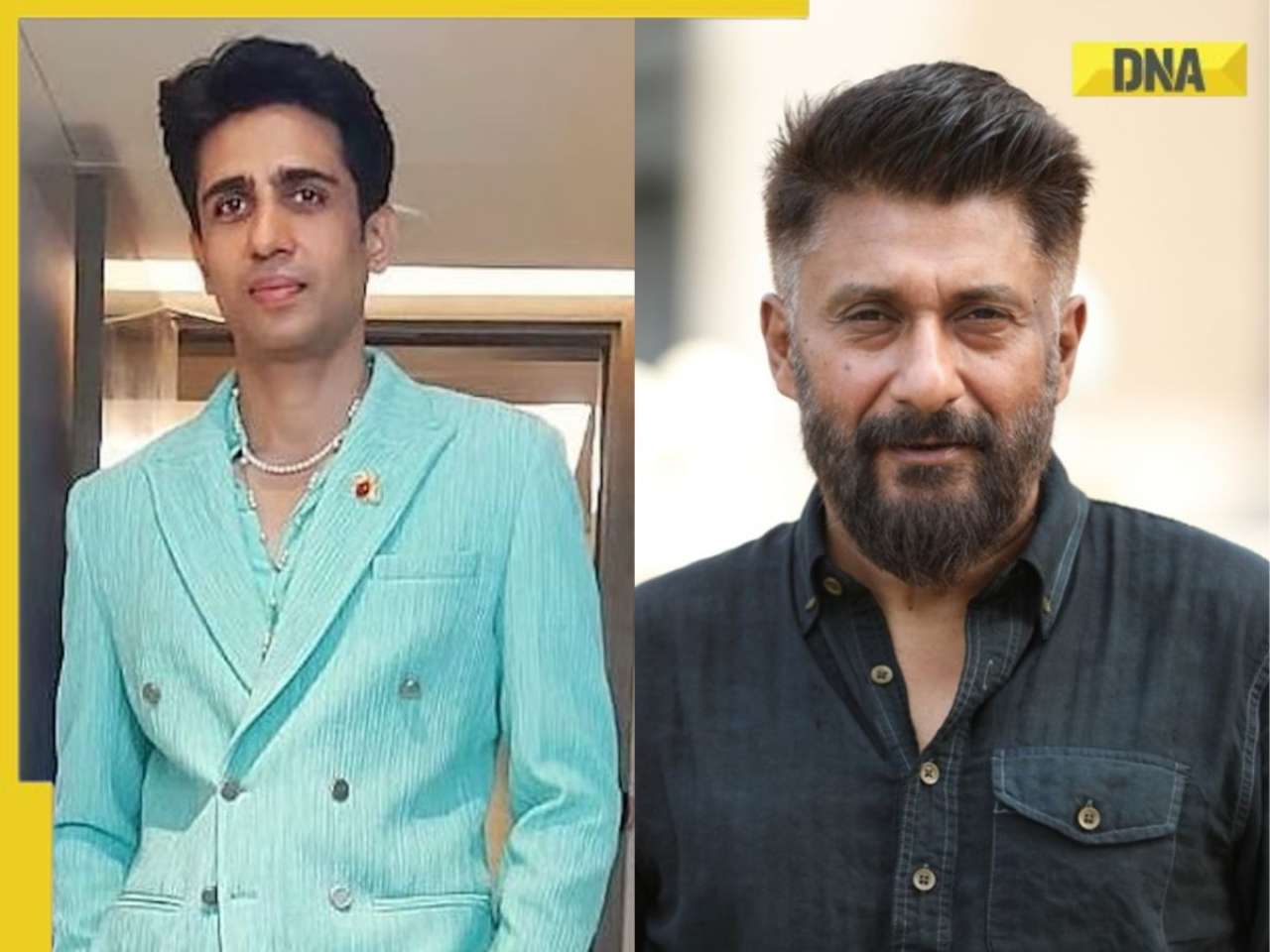
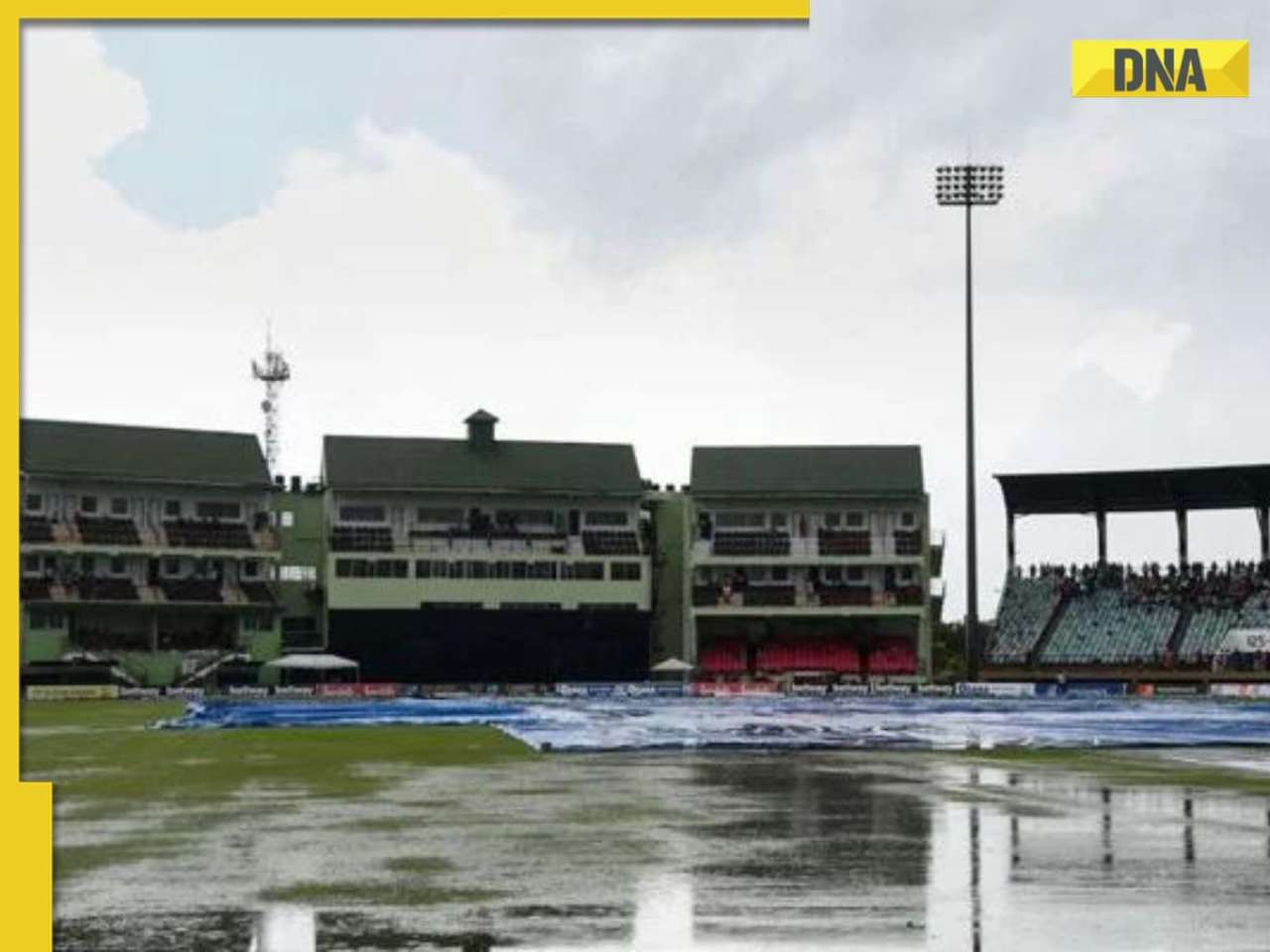








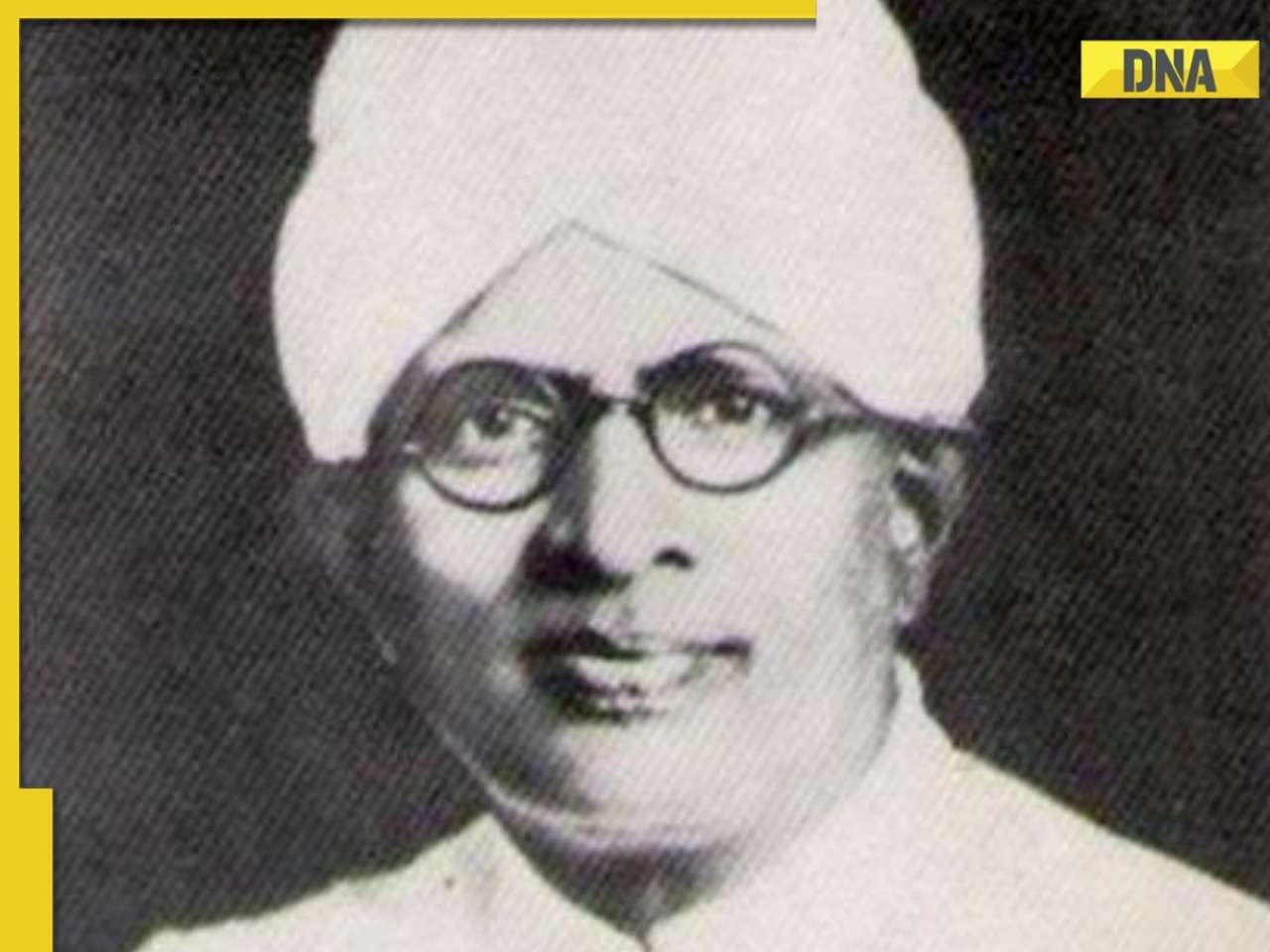

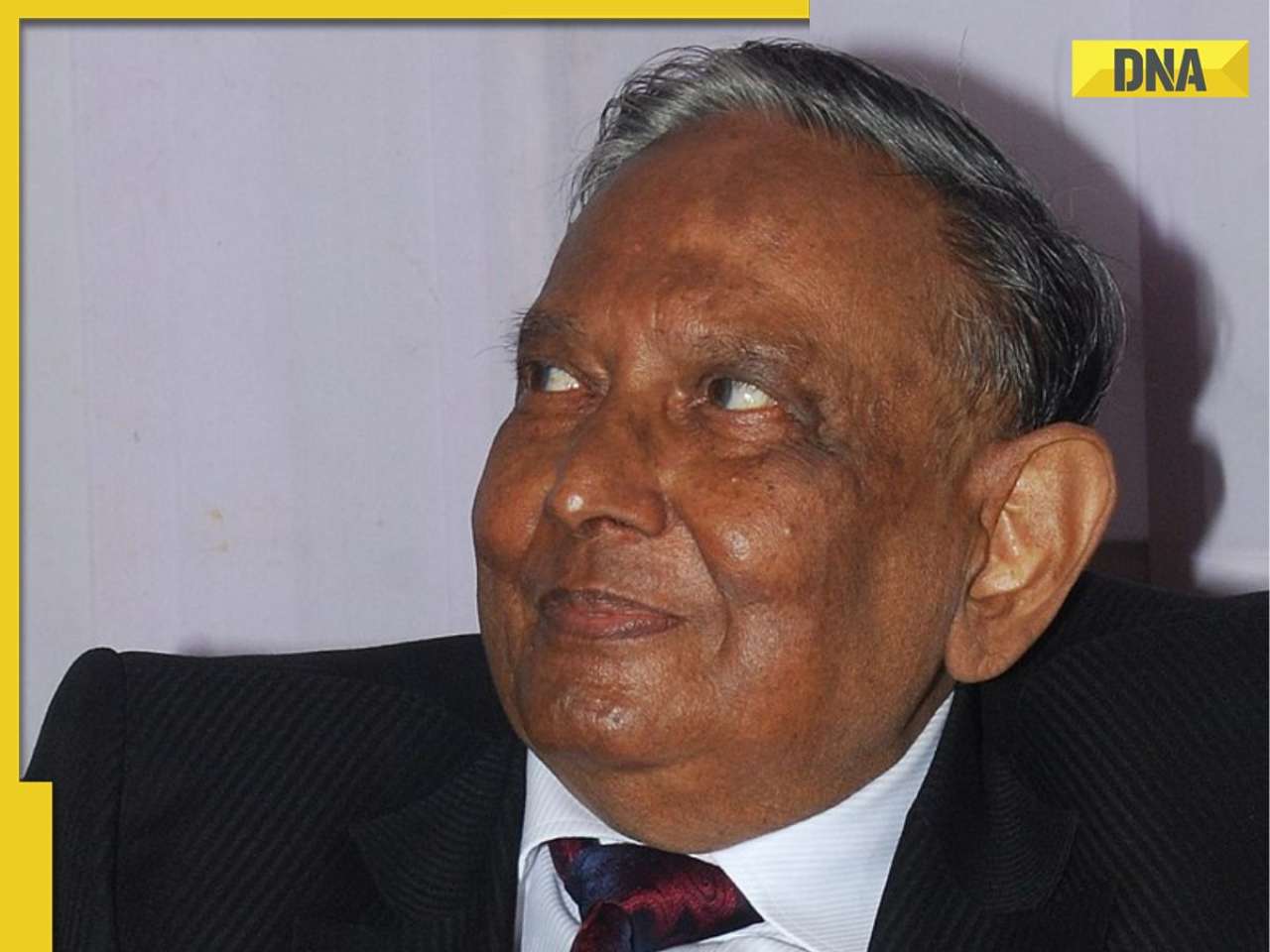
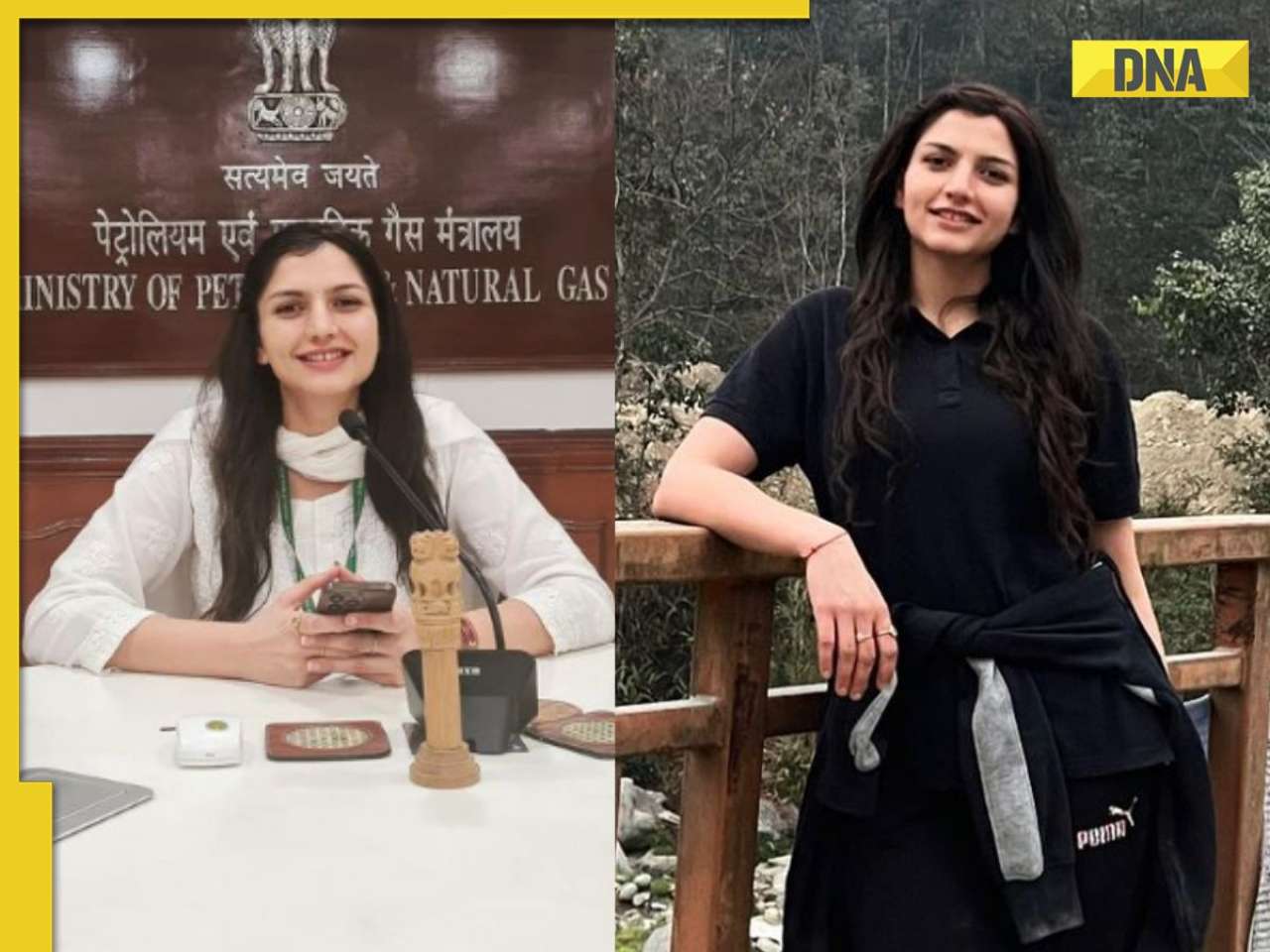





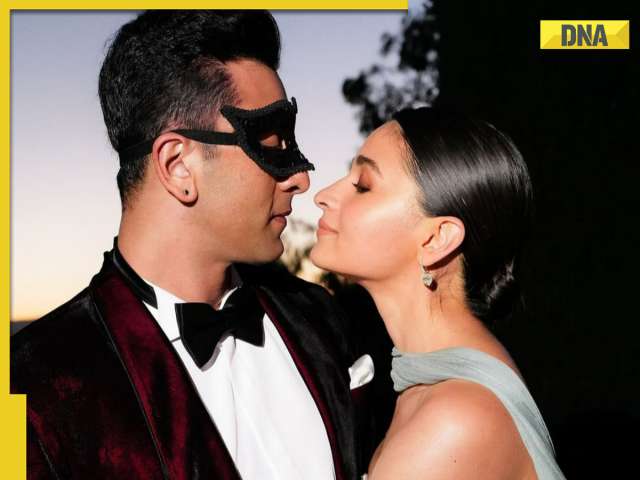
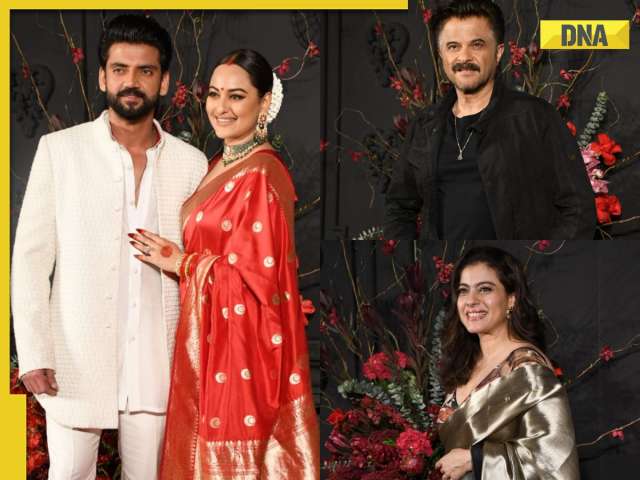

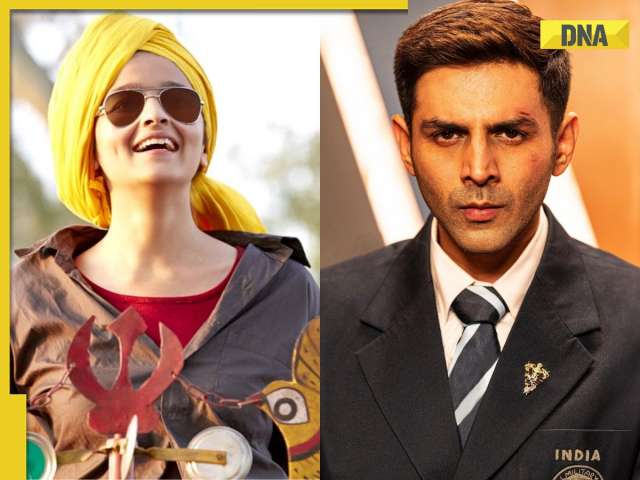
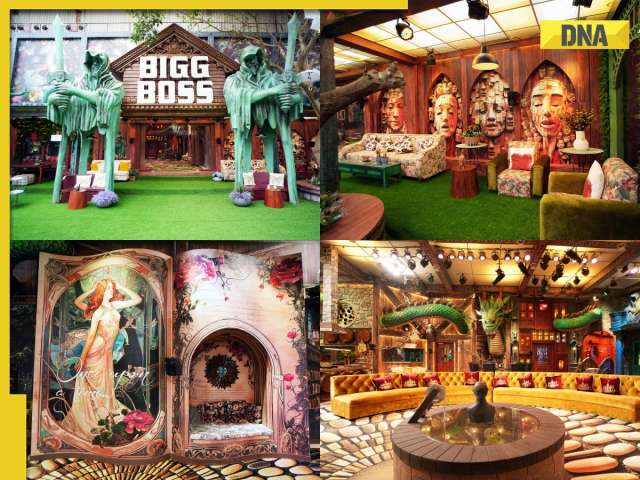
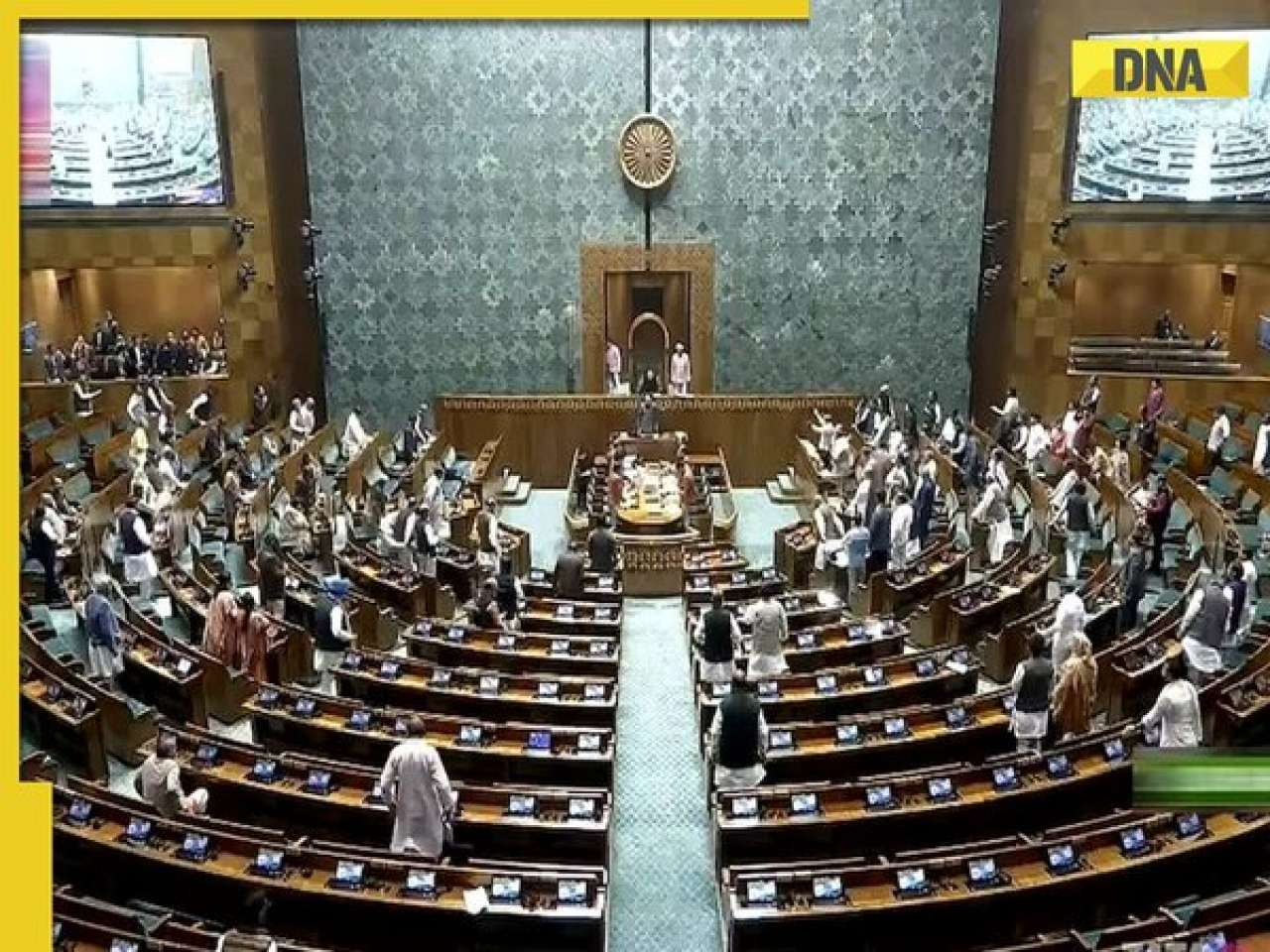
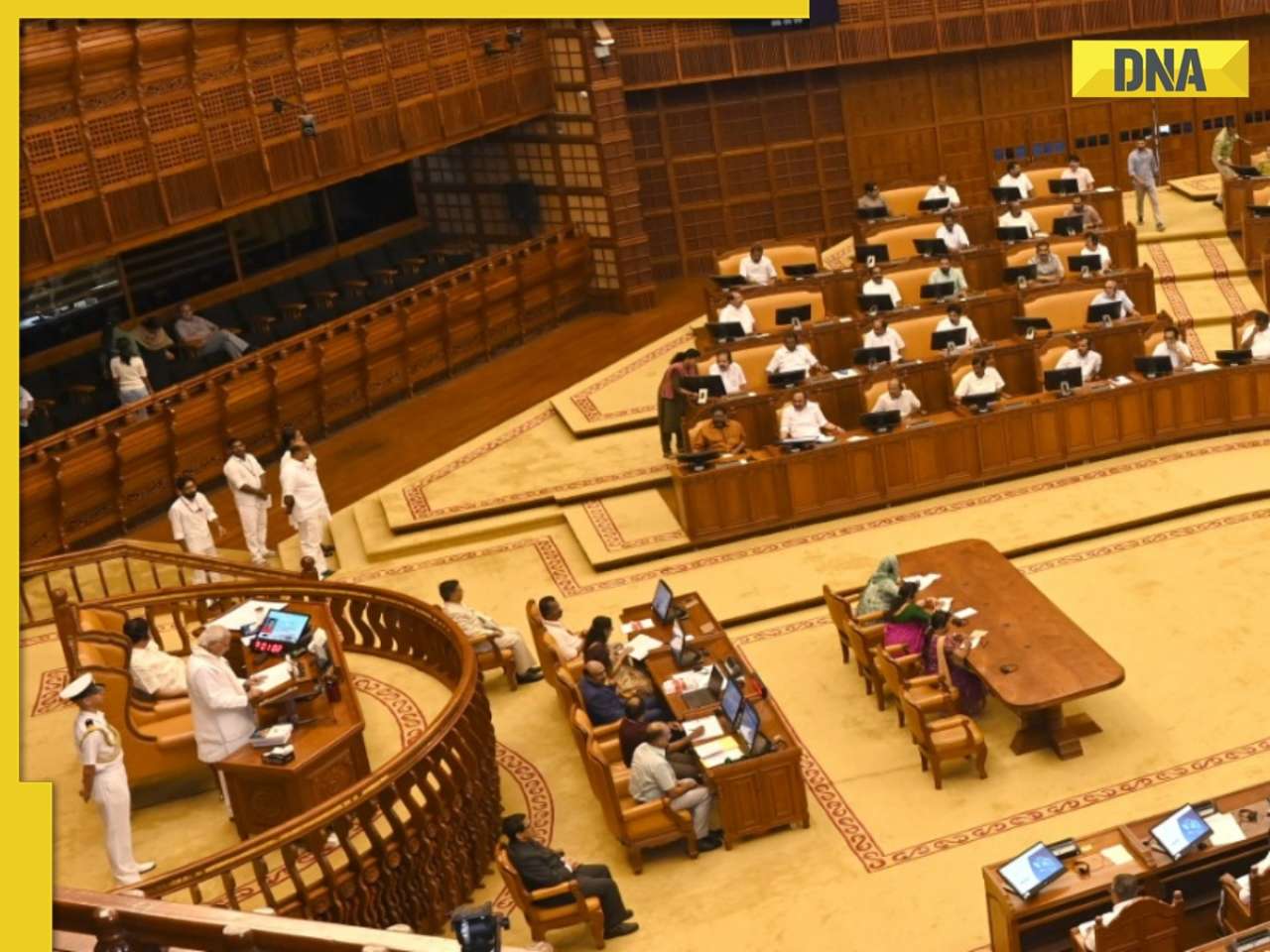




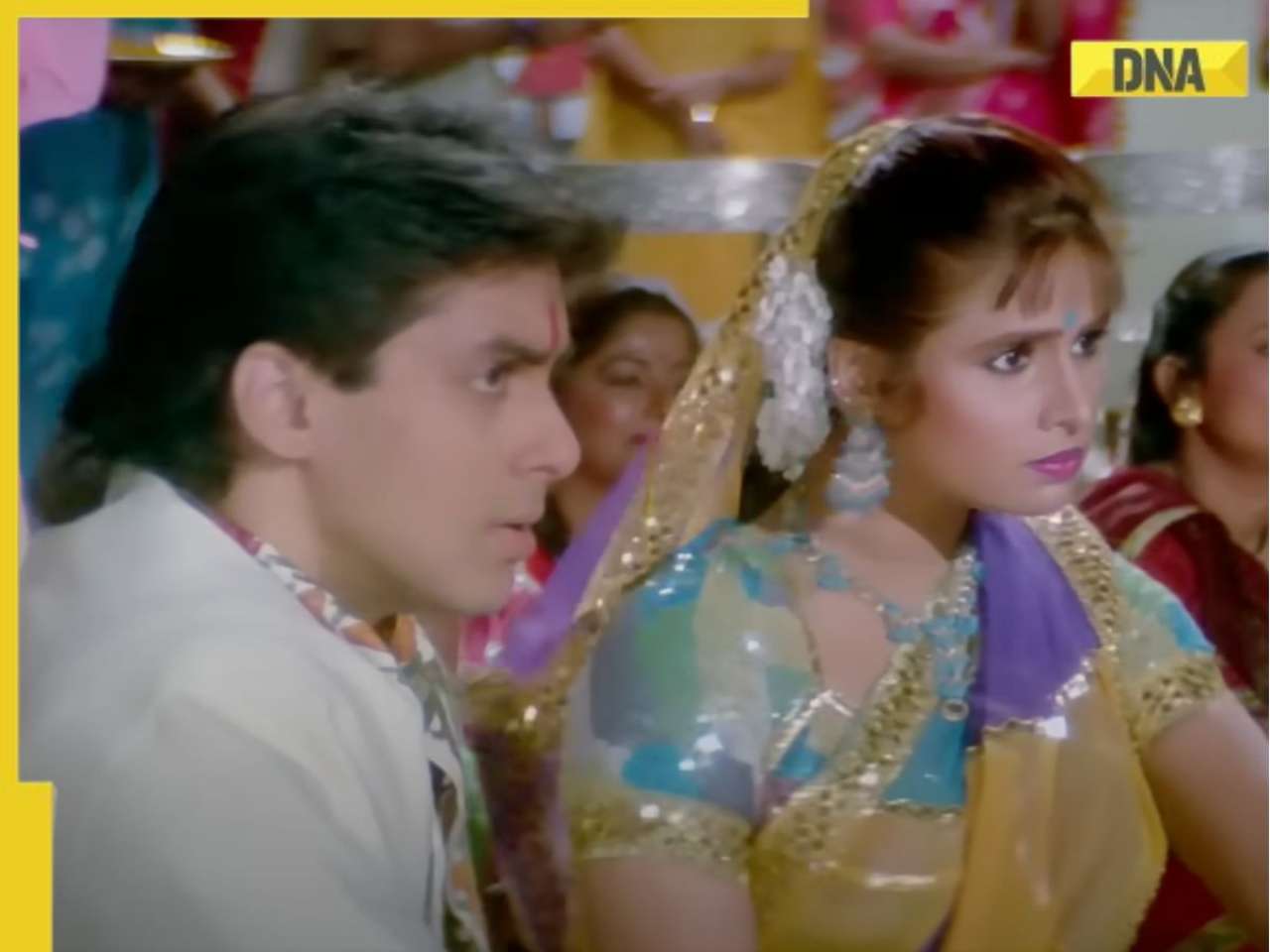

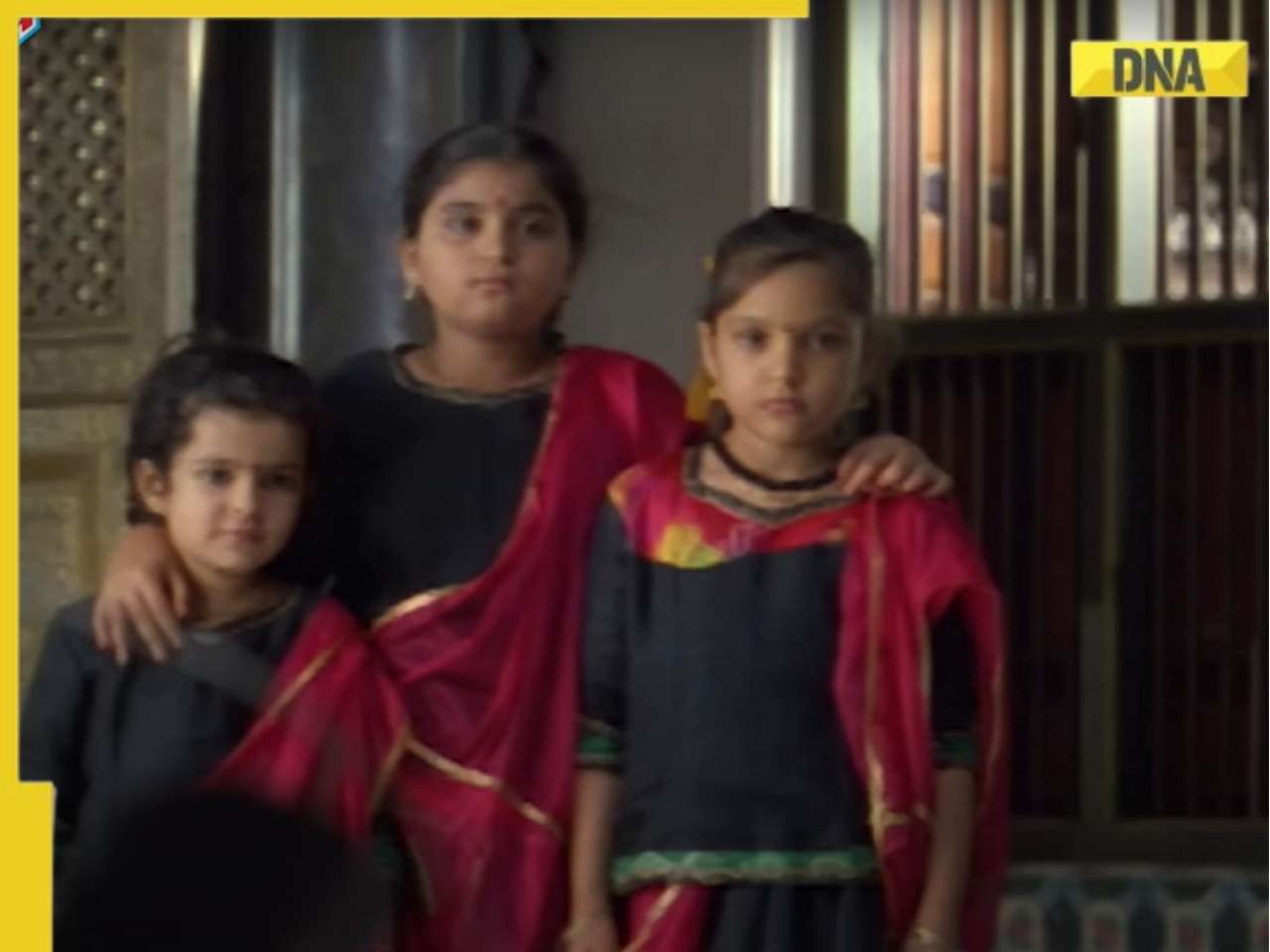
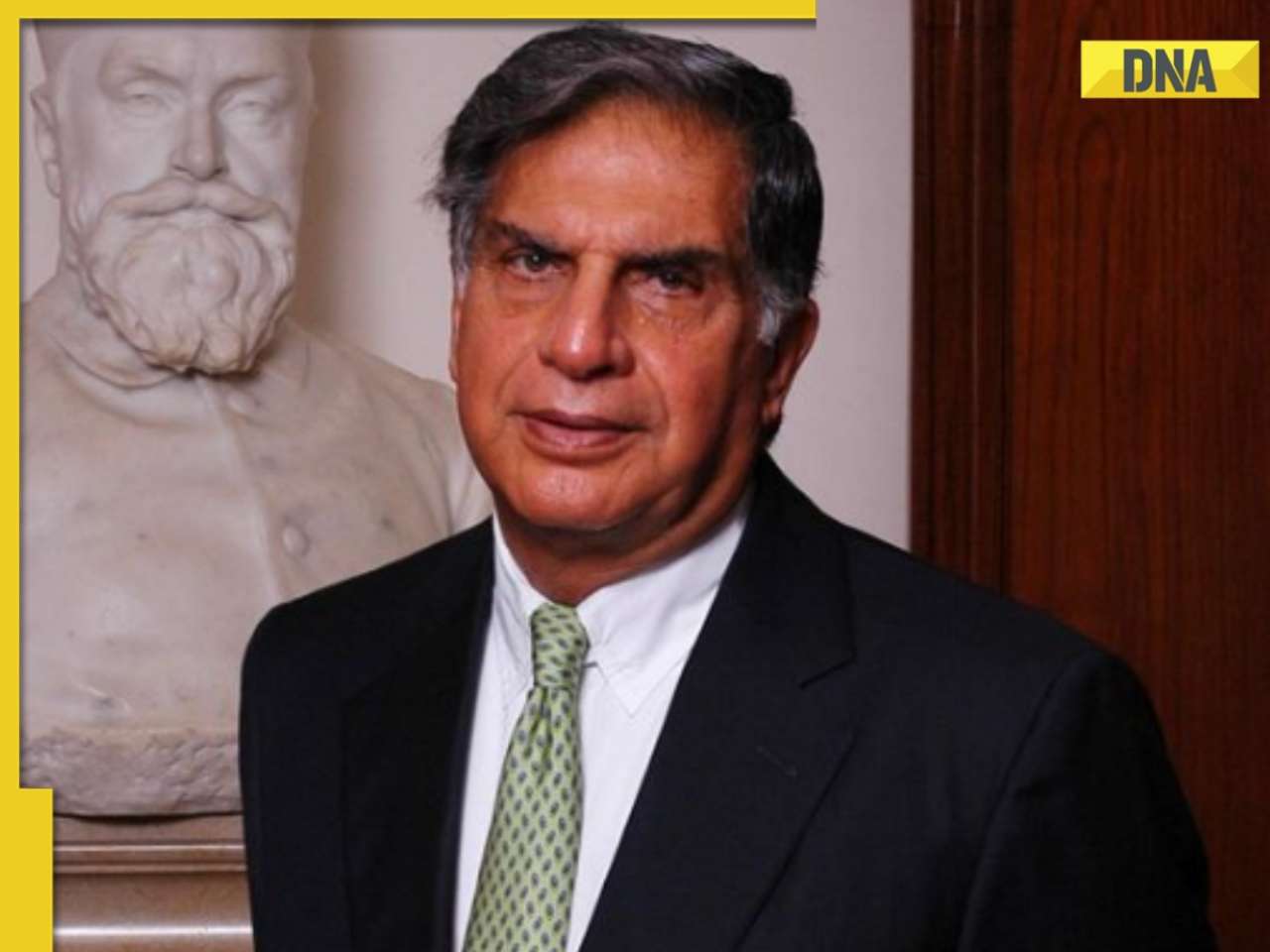








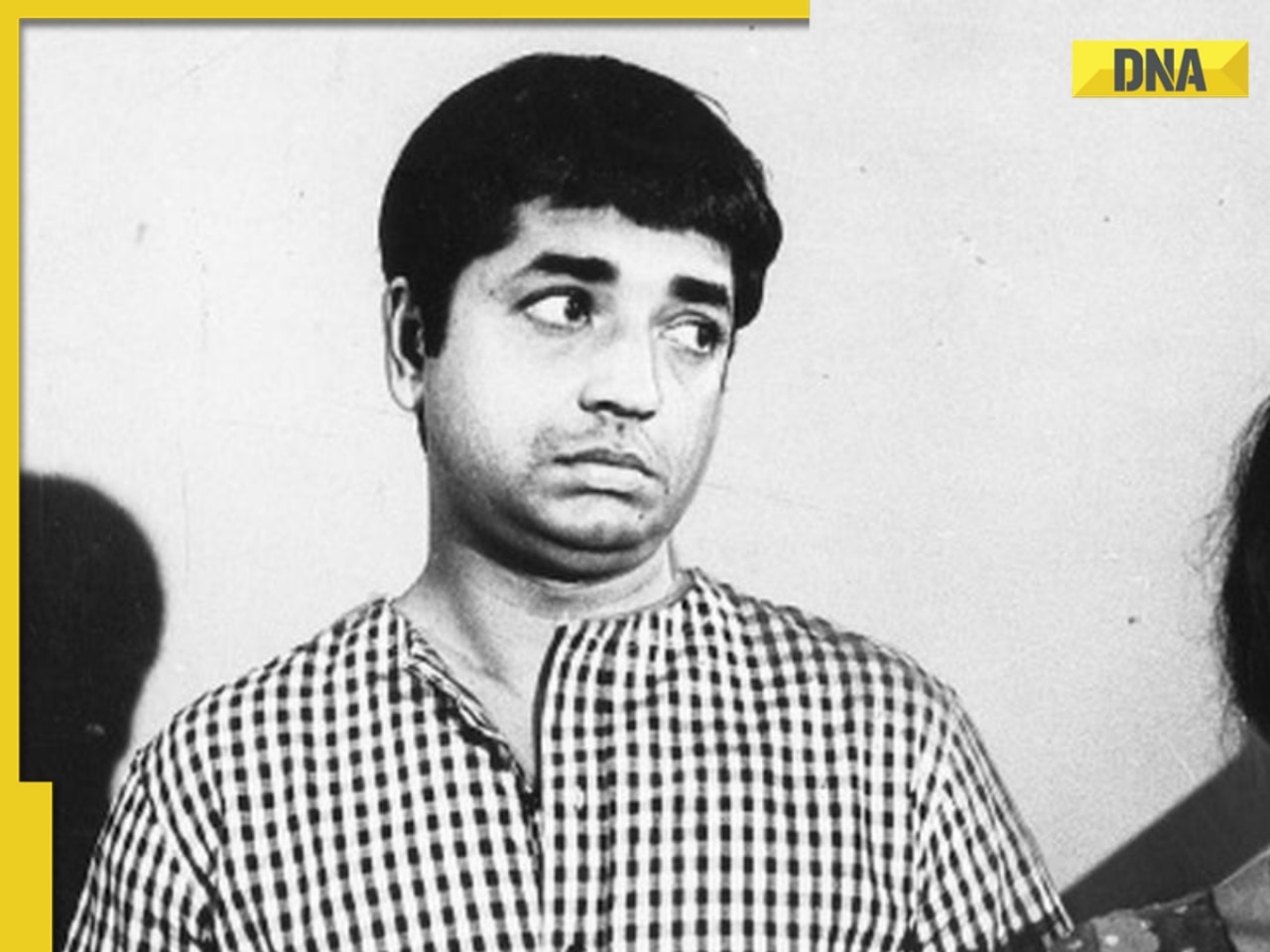
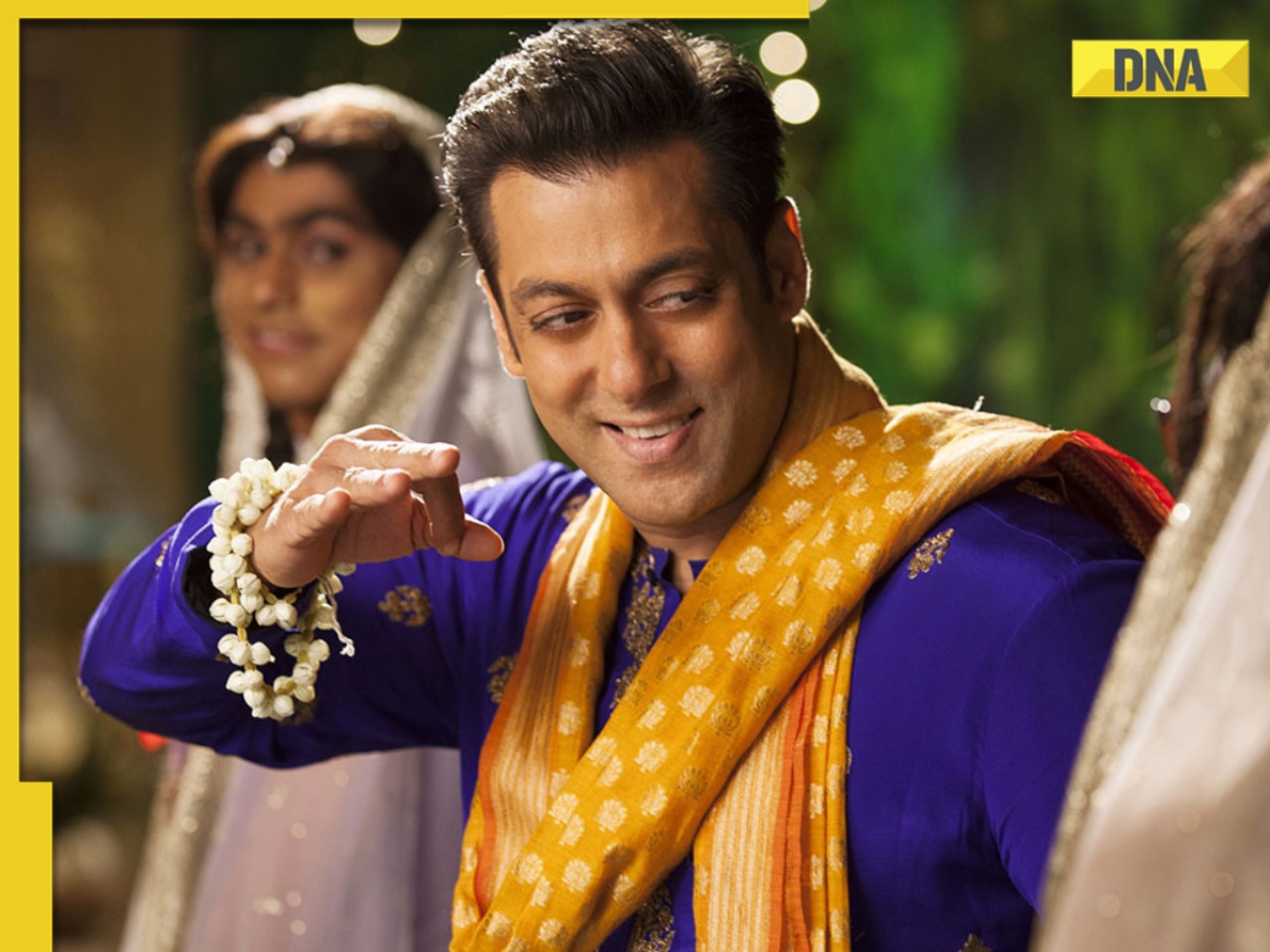
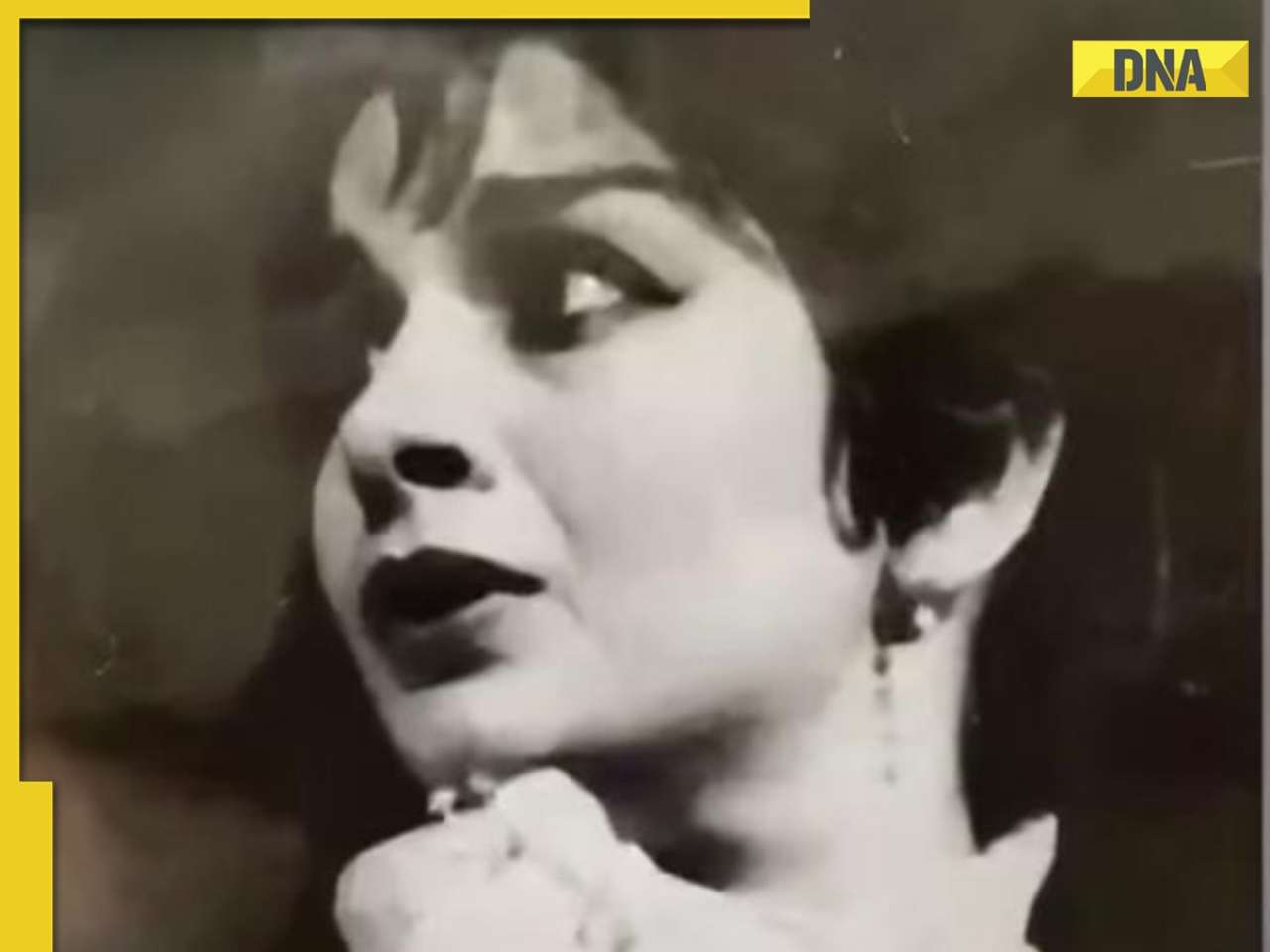

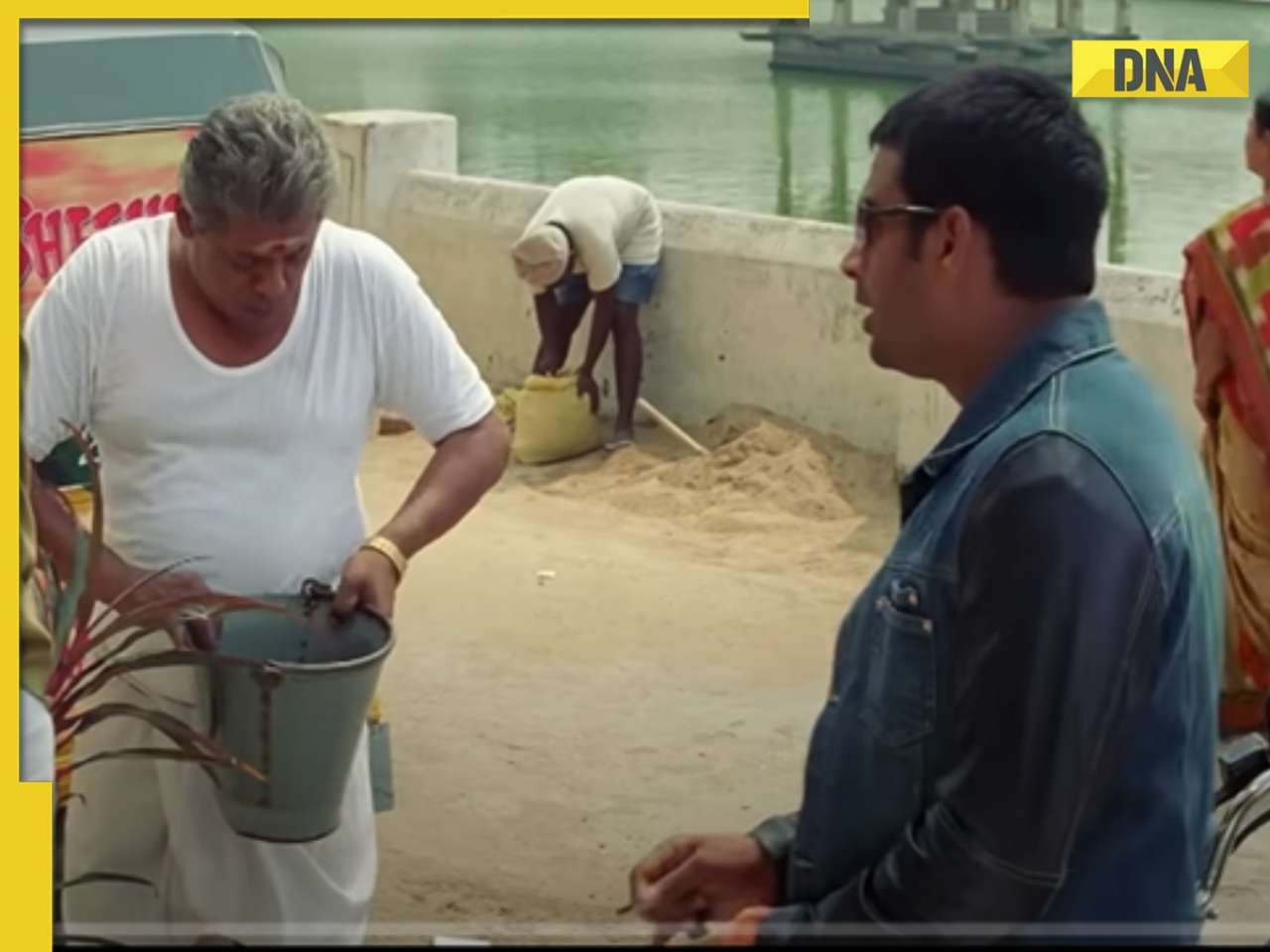
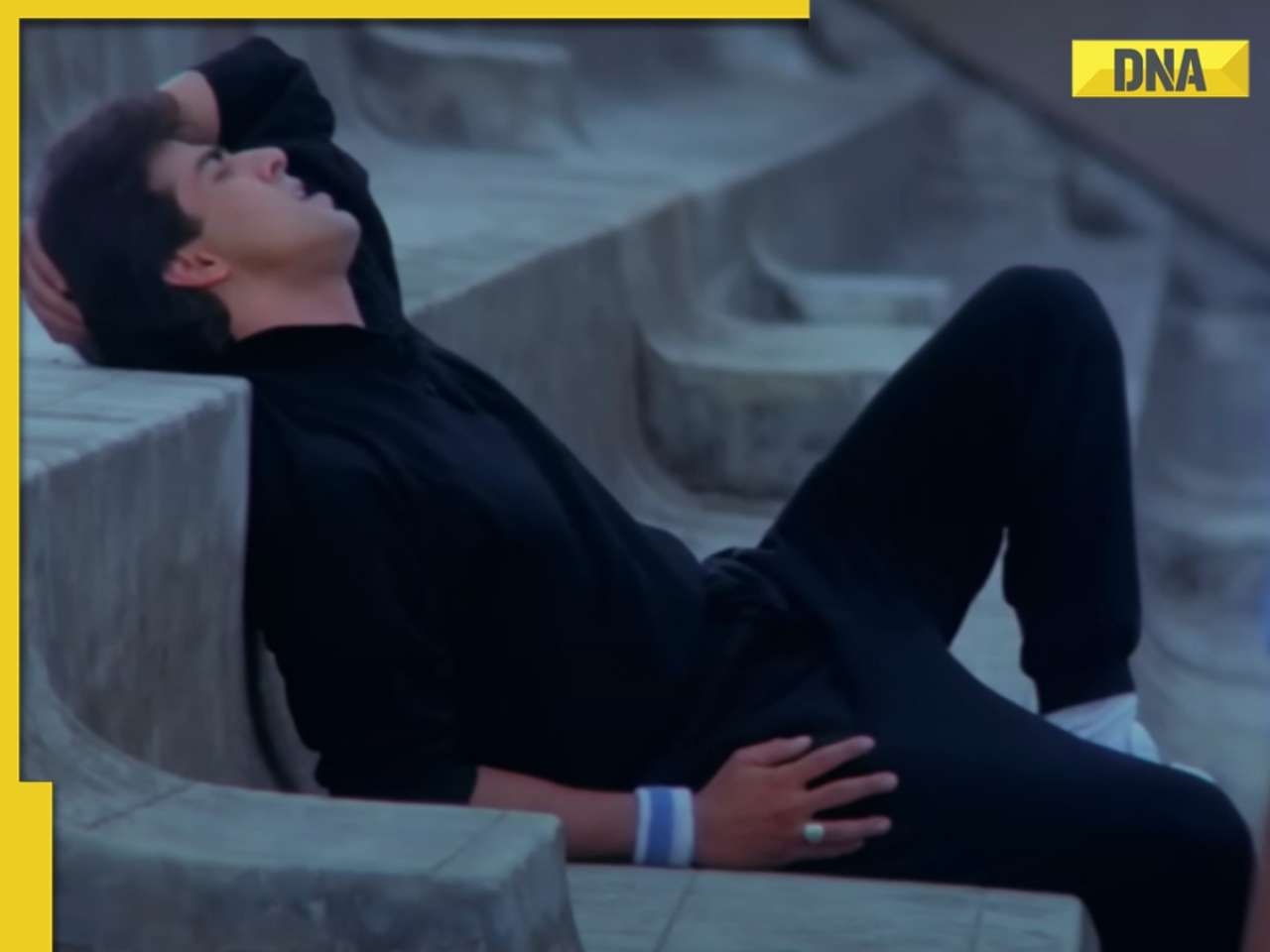


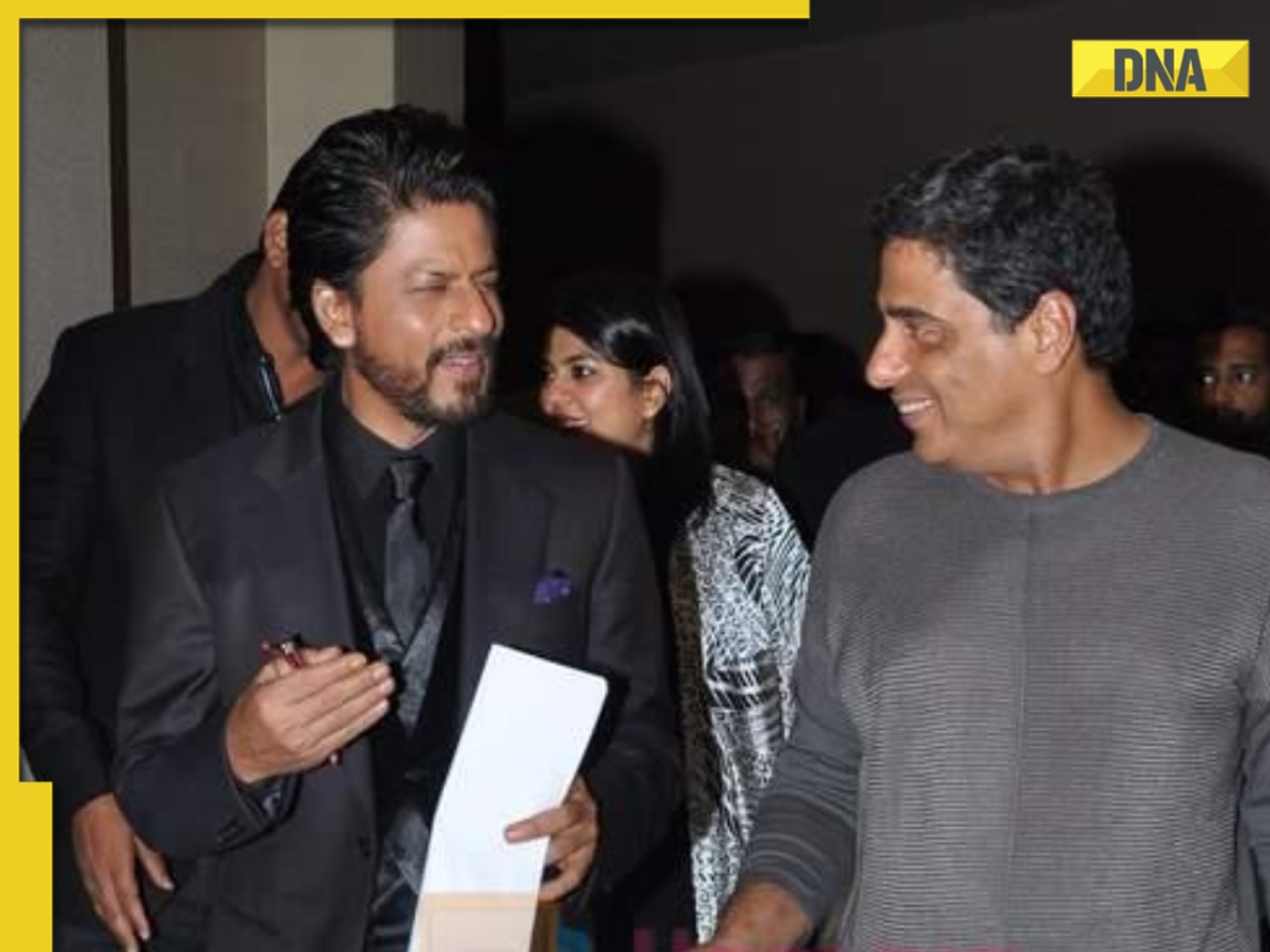
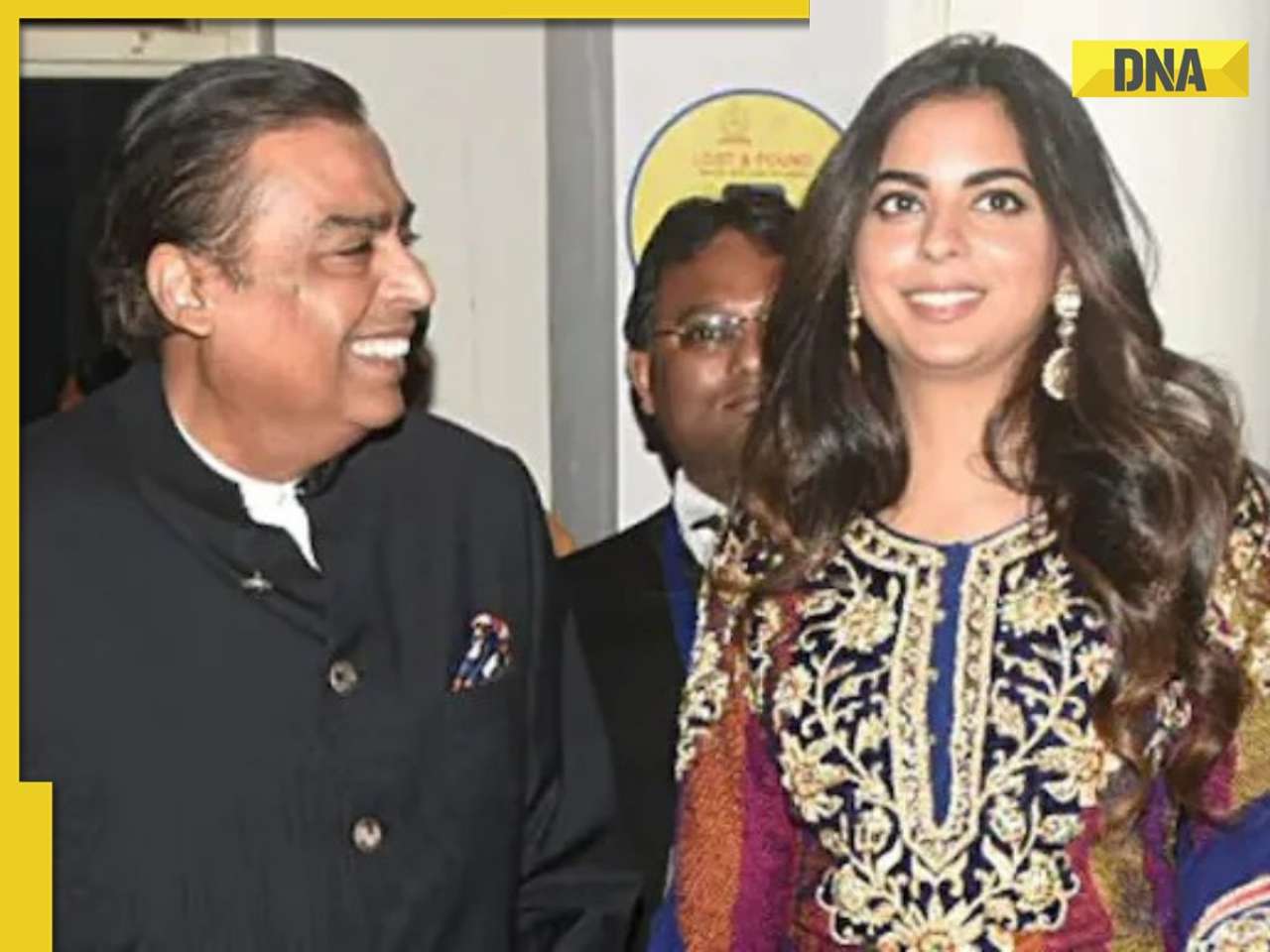






)
)
)
)
)
)